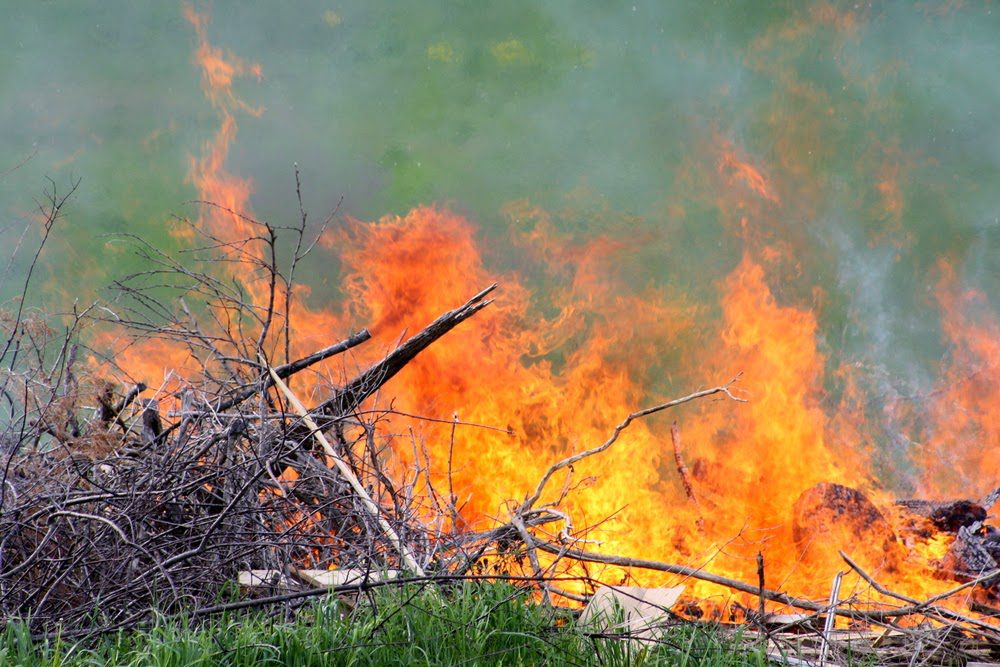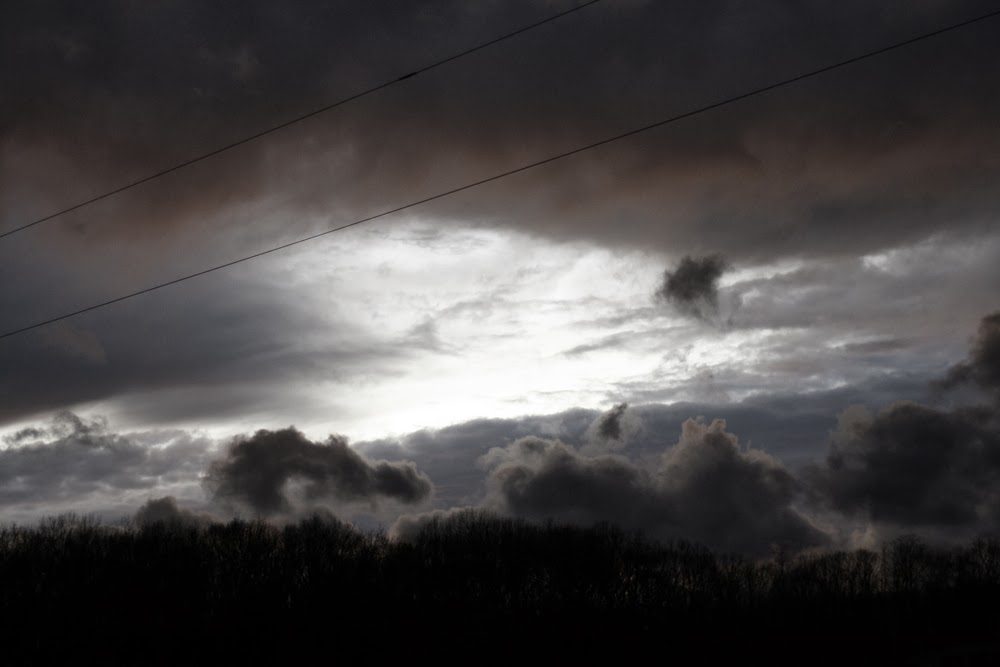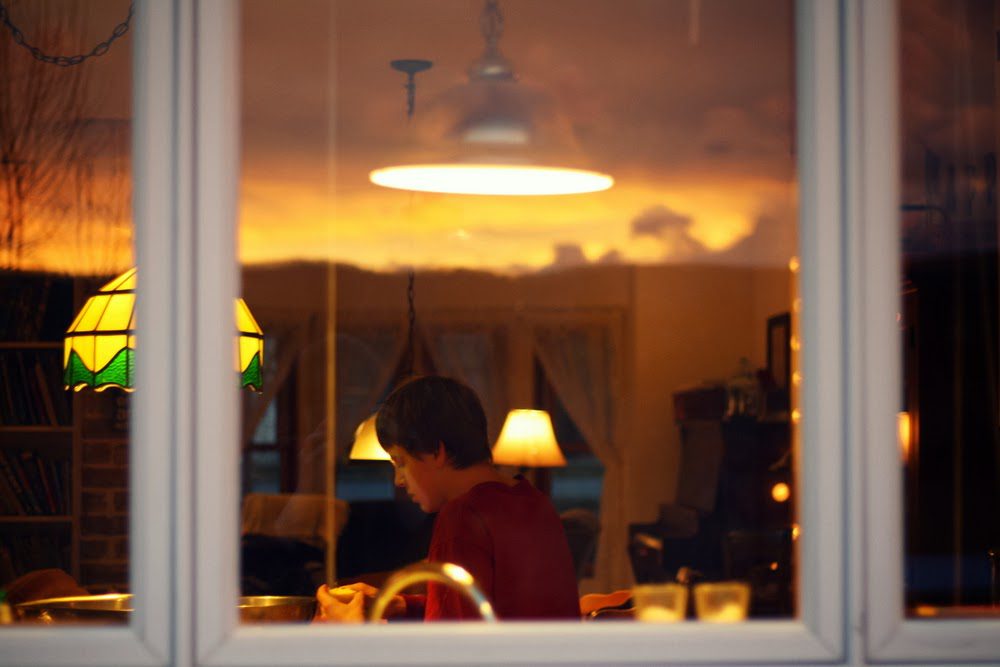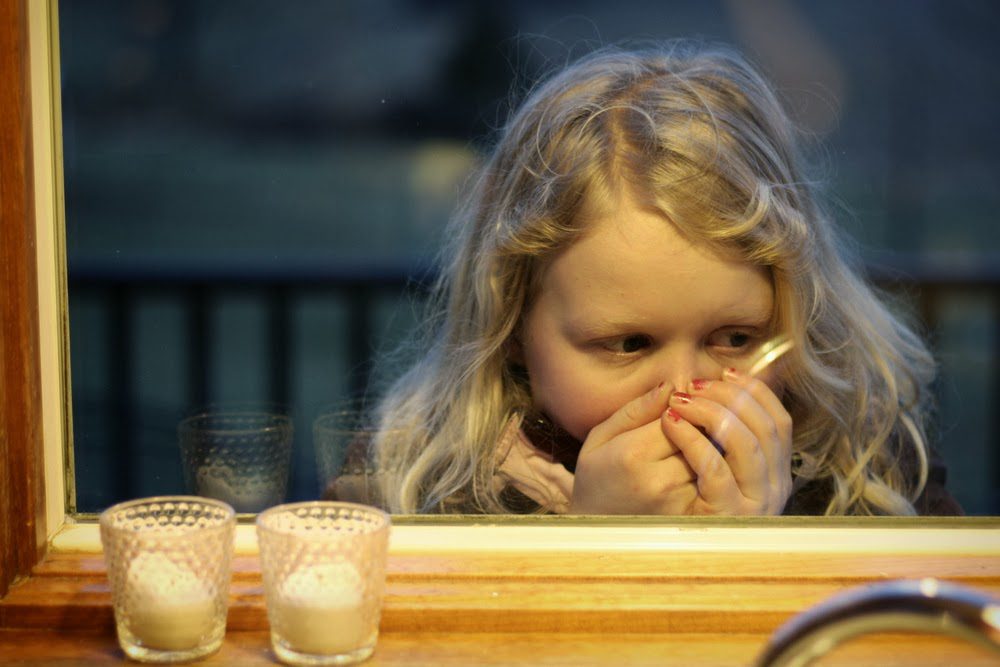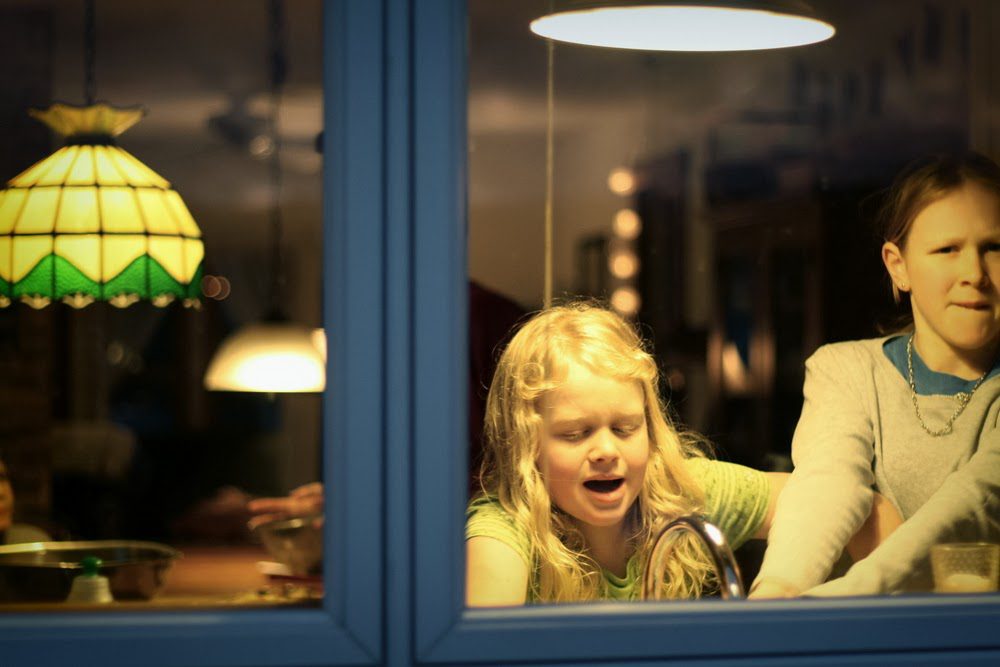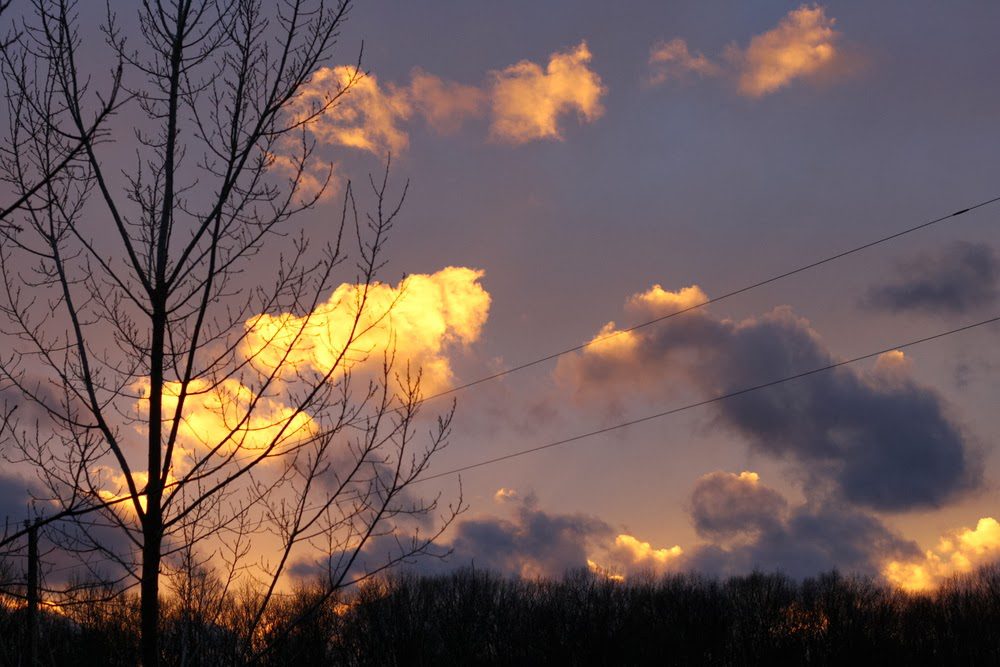For the past month and a half, I have been living and breathing homeschool ideas, myths, theories, and practices. I get so caught up in thinking and writing that sometime I can’t sleep. This is exciting stuff, people.
It all started when one of our church’s issue-based adult Sunday school classes decided to do a series on the three different educational methods: homeschool, public, and private. Last Sunday I presented to the class about homeschooling, and this next Sunday I will moderate a panel of homeschooling parents (there are at least six families that are currently homeschooling). What follows will be a series on Home Education based on excerpts from my presentation.
Never before have I written so straight-forwardly about homeschooling. It’s going to take me a few posts to peel back all the layers, so hang tight. I welcome questions, additions, rebuttals, and confessions. Let’s have fun with this!
***
Preamble
My philosophy about education is the same as my philosophy about child birth. All too often, judgement gets passed on a particular practice—home, hospital, midwife center, whatever—without actually understanding it or why someone might choose it.
I don’t care what birthing (or educational) method people pick, but I do want them to be informed. Know the facts. Consider who is handing out the glossy brochures and why. Talk to the little people. Listen and ask questions. Be gracious.
When they do all that (or at least give it an honest shot), then it’s fine to draw lines and pick sides. However, after all that mind-stretching pondering, my hunch (and hope) is that the lines will be lightly dotted instead of heavy and solid.
***
I always thought I’d marry an academic. A seminary student, perhaps, or a philosopher with a scraggly beard. Instead, I fell in love with a carpenter.
John was not an academic. As a child, he had struggled to learn to read. He did poorly in school, even—gasp—failing a couple classes. He took one year of college before dropping out and meeting me (not because he met me).
At first, I was caught off-guard by his razor-sharp mind. How was it that this non-scholar could be my straight-A-self equal? He couldn’t read words he hadn’t already memorized, writing was an agony, and he spelled like a caveman. And yet he loved to read, knew all sorts of random information, and was extremely gifted with his hands. Clearly, intelligence was not the issue.
I would never have admitted that I thought blue-collar workers were Less Than because that wouldn’t be politically correct or cool, but I did. Engaging in class lectures, whipping out essays, and acing tests was a high-level skill! Not everybody could navigate the academic pressures so smartly! My beliefs were reinforced by the greater culture. Good students got the grades, the smiles, and the awards. I could hardly be faulted for confusing “good student” with “good person.”
But John, despite being smart, didn’t have that same sense of school-induced self worth that I did. I shouldn’t have been surprised. A dozen years of struggling in a system that highlighted his inadequacies, labeled him learning disabled, and frowned at his efforts couldn’t help but leave a lasting mark.
Bit by bit, my culturally-taught assumptions began to crumble. Perhaps good grades weren’t the best indicator of intelligence? Perhaps “learning disabled” was simply “learning different”? Maybe schools didn’t have such a good handle on education after all?
